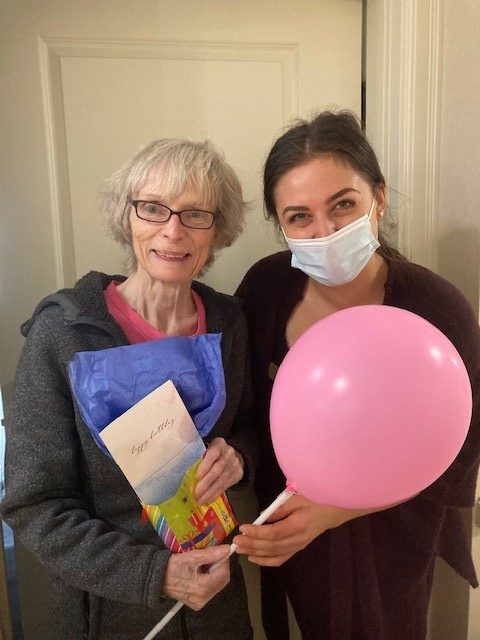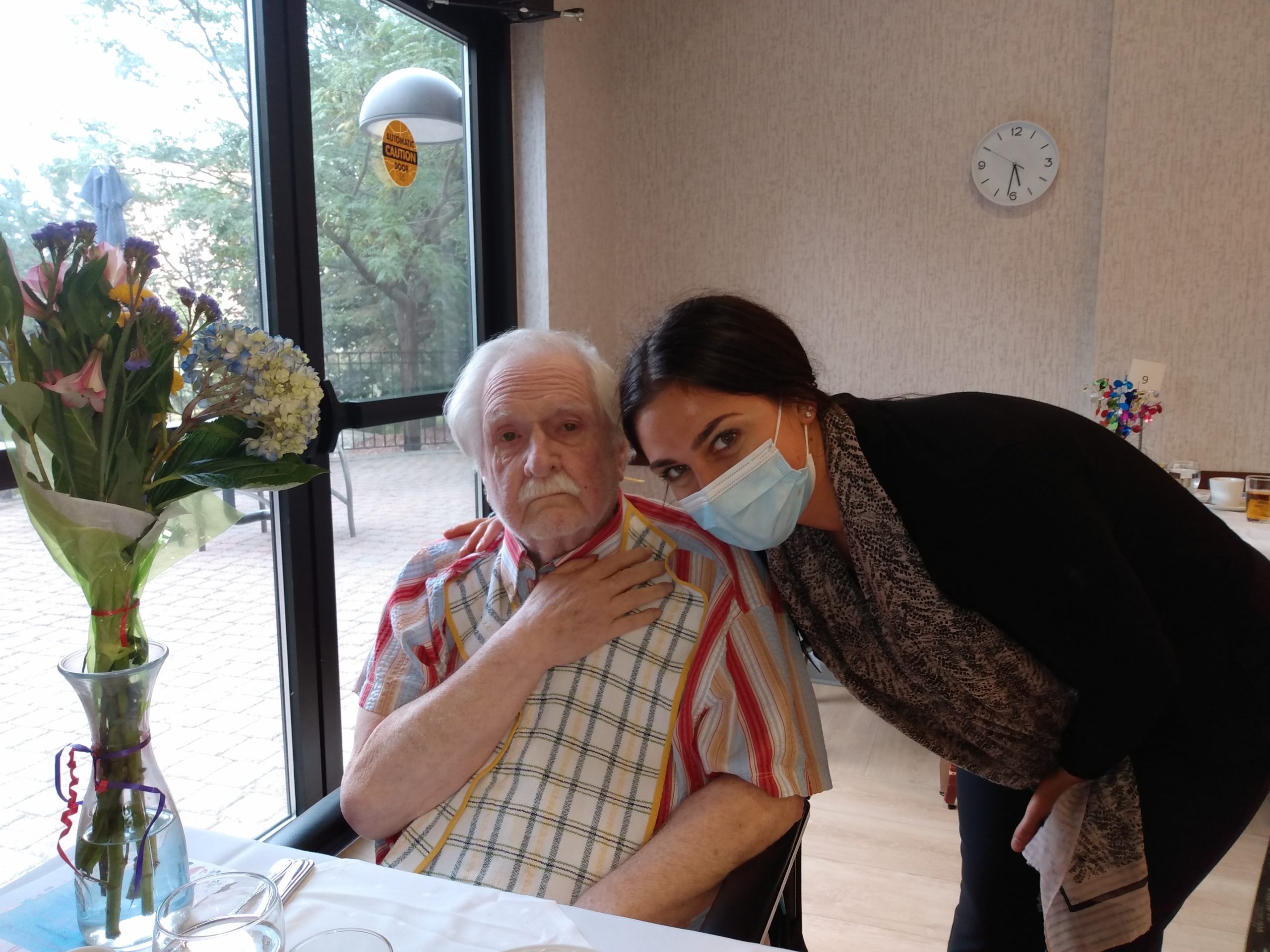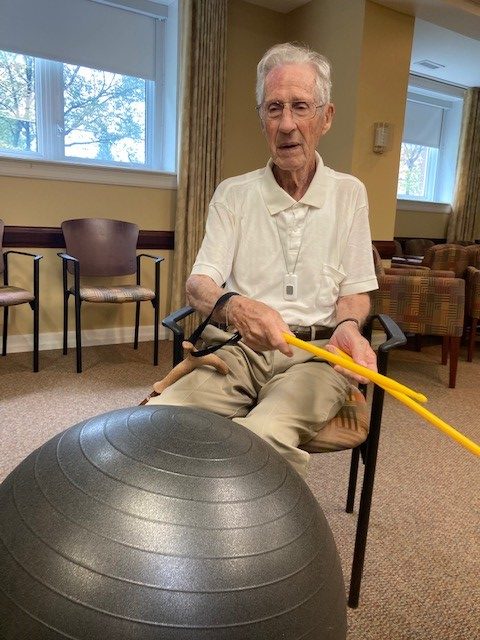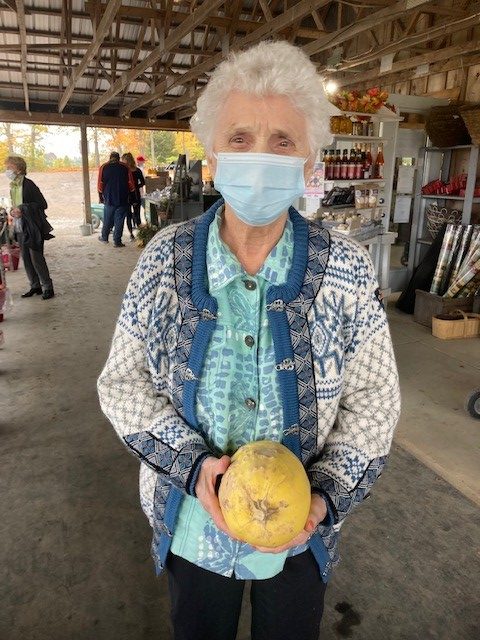When caring for seniors who experience cognitive decline or dementia, empathy is key to unlocking a holistic approach to care.
Maggie Beckett, the Director of Memory Care at Alavida Lifestyles works with a staff of nurses, PSWs, and caretakers to facilitate a continuum of care at Alavida Lifestyles’ locations.
“We train our staff with the Gentle Persuasive approach,” said Beckett. “It teaches them how to gently interact with, and care for those with cognitive decline.”
Staff members ask specific questions to get to know each resident. Questions stimulate memories within residents and help create memory care plans specific to their needs.
Each location contains a memory care neighbourhood and spaces where residents can go to use the engagement stations. Engagement stations are living spaces where residents can work and play in environments that activate their muscle memory skills. Starting with the initial assessment, Alavida staff work with the resident and their family to learn more about what the resident used to do for a living.
From there, staff members create spaces that replicate the resident’s previous profession or interests. For those who were homemakers, nurseries have been set up for them to interact with. They also help the Alavida staff with chores. Residents can use typewriters, safe tools, and other tactile objects to work on their cognitive memory skills.
“Our memory care programs are very specialized,” said Beckett. “It’s about being able to walk into that person’s reality.”
In addition to engagement stations, memory care residents can also partake in the Fit Minds program. In the Fit Minds program, residents can play trivia or listen to the news, which is read to them.
Twice a day, residents go on walks either outside or through the building’s tunnels to give them a change of scenery. Tactile objects like lap baskets; baskets that contain puzzles, yarn and small activities are given to residents to experiment with. Baking, pet therapy, and music therapy are other activities used to help stimulate memories.
“Music therapy is huge,” said Beckett. “Sounds and music are a part of your brain that is different than language. They can still make memories with music even if they are non-verbal.”
Apart from the memory care-specific programs that are offered, residents are always welcome to join activities that are for the whole Alavida community. During one concert, a staff member and a memory care resident danced the Waltz together because the resident remembered the song.
“It’s about becoming a tight-knit family. Retirement homes are homes,” said Beckett. “We want all of our residents to continue to live very full lives and experience something positive.”
To ensure that Alavida Lifestyles feels like home, it is encouraged that the memory care resident’s family members are involved throughout the entire process. Family members are the key to a resident’s success because they can help staff members better know the life of their family members.
Alavida Lifestyle’s advocates for the engagement of family members, who hold staff members accountable. Every day is not perfect. Something that works one day might not work another. The Gentle Persuasive approach allows for flexibility in care.
Alavida staff work with the residents to try different approaches until one works. It is necessary to have a sympathetic ear and be an active listener when building friendships and connections between staff and residents.
“We are passionate about creating a resident and care-focused memory care neighbourhood. Residents become loved ones very quickly,” said Beckett.




